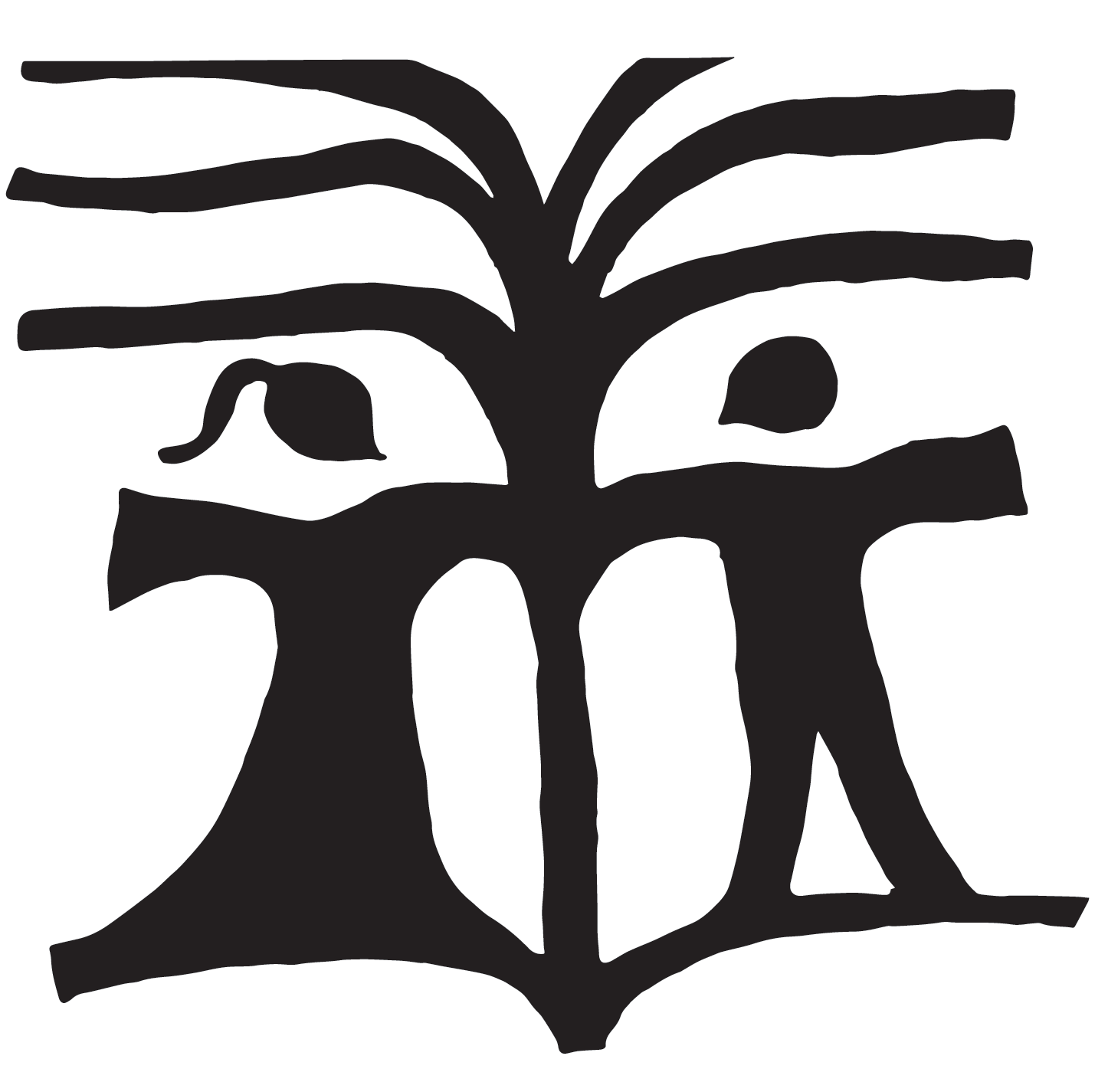Reflections/Poems
Kate Braverman
The following comes from Vol XIV/II & XV/I (1996): Poets & American Jews: A Collection of Poetry & Personal Reflections (15th Anniversary):
Reflections
I am increasingly aware of the fundamental, subliminal role my Jewish heritage has played in both my decision to become a poet and in the nature of the poetry that I write. From early childhood, my mother and father inculcated a sense of a special relationship to the word, to the power of words and that to be involved intimately with words was to engage in a holy and important activity. Eventually, I would come to believe that words could transform physical reality and that I was mystically con-nected with my words, that I was a spellcaster and a shaman. This is apparent in Flame and Words.
As I have interpreted Jewish history, I have come to perceive the universe as overwhelmingly cataclysmic and utterly unpredictable. It occurs to me that a poet and a Jew share similar qualities. We are both of our time and culture and yet outside of it, belonging to a greater and more ancient other. The poet and the Jew are both aliens and refugees in all times and all places. I have an almost genetic sense of alienation. I recognize the neurosis and diseases of my age and rather than deny them, I wear them like rare jewels. The Jew is exceptionally well equipped for the work of poetry. Mine is post-Holocaust sensibility. There are no words I am afraid to utter.
As a poet/Jew/female, I feel an ease with shifting personas and landscapes, with a pulse of that which is dark, dangerous and disturbing. Once, in a poem set in a mythical Middle Eastern region, I wrote, "I am sunburned darker than the women of this world. I am Greek, Jewish, Gypsy, my seven veils and gold beaten stiletto ready, I know everything." As a statement of intent, I imply an exotic, mysterious, ineluctable connection with kingdoms beyond the ordinary.
I have assumed personas of the infidel, the heathen, the pagan and the outlaw. As a poet and Jew, my papers are always suspect. Borders are temporary, passports un-necessary. I am a permanent and deliberate outsider.
In essence, my Jewishness and 60's romanticism have merged to produce an eccentric feminism resistant to all conventional boundaries. Whether writing about con-temporary love affairs, as in Rituals of Exotic Deception, Equinox and Lost Continent or taking on the stance of a harem girl in Fortunate Season, I am sensitive to the erotic element in destruction. If Modernism is characterized by the making aesthetic of the everyday, it seems logical that the next evolutionary progression is the making aesthetic of the ruinous and destructive. I have found this particular connection to be irrefutable in my home, Los Angeles. In Los Angeles, where the skies are made brutally exquisite by pollution, there are parallel psychological correspondences. It is these correspondences, mutant and erotic, which form the spine of my work. It is my Jewishness that has provided me with the ruthless desire to put my personal experience into words and it has given me the absolute and sustaining conviction that this often terrible endeavor is a sacred and inviolate journey.
I do not believe that my task is to make my experience/poems bear an artificially contrived coherence. My poems deliberately shun the curative vision so in fashion now. This is a terminal global culture. And there is no cure. As a woman in a society that has yet to even conceive of the rudiments of sexual equality, as a poet in a country that practices a seamless contempt for its artists, as a spellcaster in an age that will see the word become obsolete and as a Jew, it is enough that I simply bear witness.
Poems
Words
Here is how it happens:
One day or night the walls
fall down as they do
in revelation and love.
You are naked, air to air
with everyone
dead and alive
real and imagined.
You have no body.
It is shed, illusionary.
Time splits cross-sectioned.
Borders are erased
like chalk on a sidewalk.
The enormities are defined.
Everything has a name,
a history.
There are steps down
to the earth's core.
The path is mapped
and captioned.
You know exactly
who you are.
Your fingers are flowers,
flames.
There are no mysteries.
You have the focus
of a microscope.
You are the technology
of the infinite.
You own the wind,
the seasons.
Sunset is a private sacrament.
All purposes are explicit.
There are twenty-six letters
like half a deck of cards.
You sit at your desk.
you stare the Cyclops
into submission.
You skirt the dogs
at the gate.
A lifetime passes.
You know more than god.
Equinox
Full moon in Los Angeles.
The bitch struts naked
and yellow above avenues
of random jasmine,
through the idiot smog
blue August night
you will not survive.
He will pack.
Or crash the car, drunk.
you stand at a window, paralyzed.
All the women are menstruating.
Their bellies are planets
turning on axis, cycles,
immutable as the words
of god or the paths
of stars.
The women smoke cigarettes
on terraces, hang clothing
above stucco alleys,
thousands of them,
swollen and bleeding,
mourning what might have been
and waiting for nightfall
with a pint sloe gin.
Something rises in the charged air.
Not clouds, precisely, but small
wounded sounds collecting,
forming shapes. Omens.
Dreams awaken,
speak your name,
tell you a story that alcohol
and disinfectant and cocaine
can't kill.
And teenage boys and glamorous lies
still won't kill.
It is the spine of summer.
You reach for a shawl,
feel a strange chill.
While the moon rises
and drifts like a lost ship,
white as a flag of surrender
above the decadent palms.
For a full table of contents from this issue, click here. Another issue featuring Kate Braverman is Vol V/II (Oct 1986): Three California Poets: Braverman, Falk, Metzger
